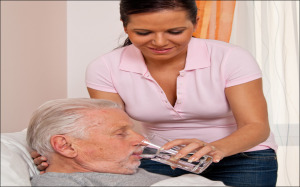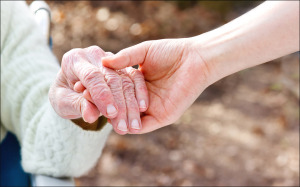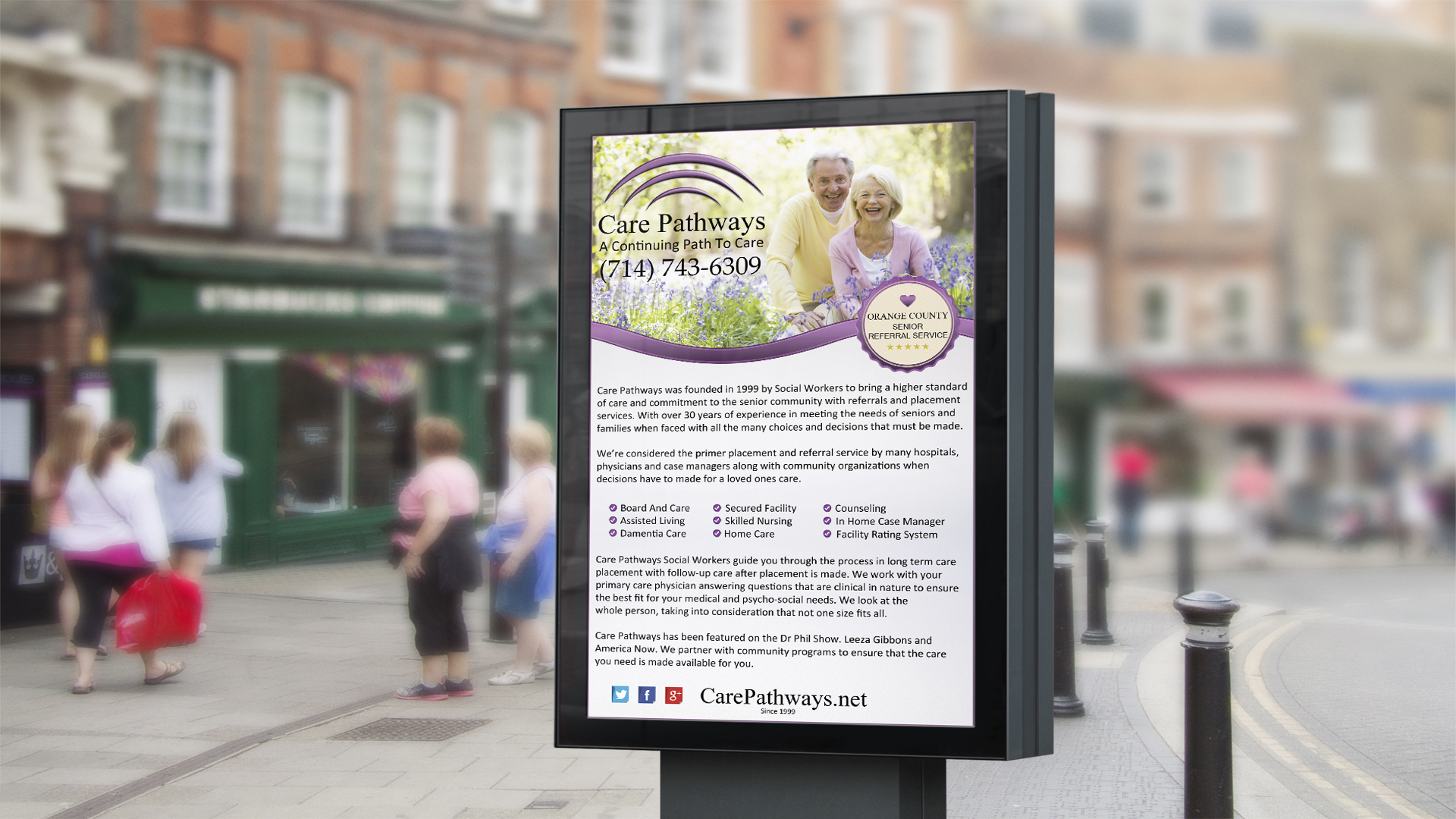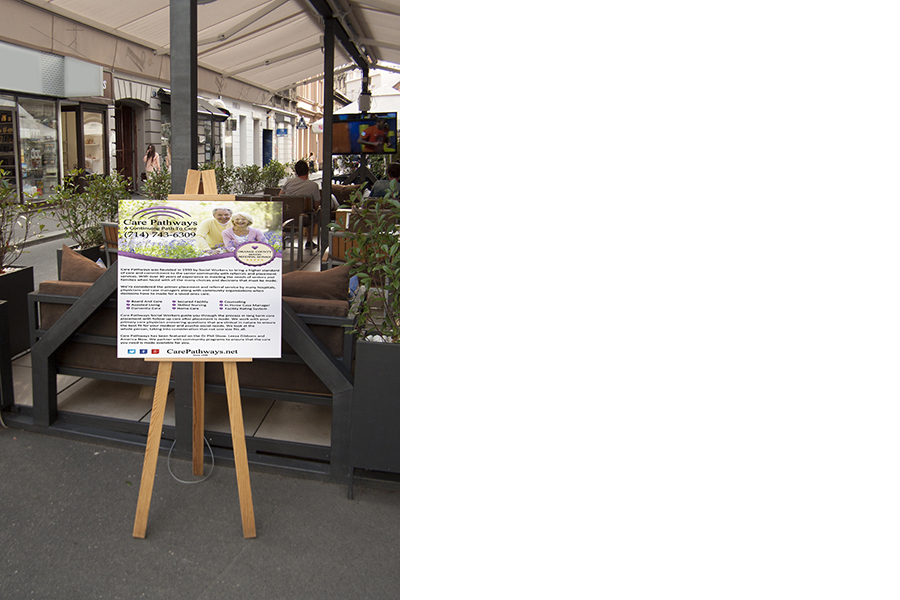We are only five days away from Christmas 2015, can you believe how fast time has gone by? So many memories fill my mind as I set and write this post on how very thankful I am for all the people who have touched our lives this year. There are not words to say how special each one of you are that have been added to our family of care your own unique talents to help us all reach out to those in need.
It has has always been my though that by helping others, we truly help ourselves in some ways. The stories of hardship and quality of life for seniors has been my lives work and by helping others I too have gained insight and wisdom into how to stand up and be counted by being present and using my voice to advocate for the frail elderly. At no other time of the year do we feel and see this so acutely with seniors who are struggling to find good quality of care and compassion with their situation. I see many who are on the verge of being homeless or already are and we search for ways to find answers and solutions. It is heart breaking when we find that resources are not there to fund the care seniors need. In this great country we live in how can we leave seniors living on the streets?
In a time when life should be made eased for some seniors, it is made harder by having no home. Our communities do help, however far to little attention is paid to the real problems of affordable care for persons living on a fixed income. With the prices of food, shelter and medication it has made it impossible to pay for the care. And so I ask you, our local communities to reach out and help with solutions to this problem. Care Pathways will continue to support the growing needs of seniors and families but it takes a whole community to get the work done.
Thank you to our partners and the many social workers and case managers and physicians who have made a difference this year. Without your support many more seniors would be homeless.
To the facilities that support our seniors we wish you a blessed Christmas and thank each one of you for working to care for the frail and elderly. Lets make a commitment for 2016 to not only continue but to do more in whatever way you can. All count, make no mistake what we give we receive back.
So as we close out this year it is with heartfelt gratitude that we thank each of you for doing your part to make a difference in others lives.
God Bless each and everyone and Merry Christmas










